Uncovering a Web3 Interview Scam
NetmanageIT OpenCTI - opencti.netmanageit.com

SUMMARY :
A Ukrainian Web3 team's interview process involved cloning a GitHub repository containing malicious components. Analysis revealed the project replaced a legitimate dependency with a malicious NPM package, rtk-logger@1.11.5. This package collected sensitive data, including cryptocurrency wallet information, from popular browsers and uploaded it to an attacker-controlled server. The malware also implemented keylogging, screen capture, and clipboard monitoring. Two other GitHub accounts were found using a similar malicious package. The scam aimed to trick interviewees into executing malicious code, potentially leading to data leaks and asset theft. Developers are advised to exercise caution when handling unknown GitHub projects and to use isolated environments for execution.
OPENCTI LABELS :
malware,cryptocurrency,github,data theft,web3,redux-ace,rtk-logger,npm package,interview scam
AI COMMENTARY :
1. In the ever-evolving landscape of Web3 hiring practices, a recent case titled Uncovering a Web3 Interview Scam has exposed a novel method of exploiting developer job candidates. A Ukrainian Web3 team orchestrated an interview process that required applicants to clone a GitHub repository as part of a technical assessment. What appeared to be standard practice turned out to be a carefully disguised trap.
2. During analysis of the supplied repository, security researchers discovered that the project had replaced a legitimate dependency with a malicious NPM package named rtk-logger@1.11.5. This deceptive swap was hidden within the client’s codebase, mimicking the harmless redux-ace logging library while secretly introducing malware components designed for data theft.
3. The malicious package demonstrated an advanced arsenal of data collection capabilities. It harvested sensitive information from popular browsers, including private keys, wallet addresses, and transaction histories associated with cryptocurrency accounts. In parallel, it implemented keylogging, screen capture, and clipboard monitoring functions, ensuring that any typed passwords or copied seed phrases were also captured.
4. Exfiltration of stolen data occurred through communication with an external server under the attacker’s control. Further investigation revealed two additional GitHub accounts distributing similar payloads under the guise of different NPM modules. This coordination suggested a broader campaign targeting developers across the Web3 ecosystem.
5. The implications of this interview scam extend beyond individual victims. By compromising wallets and credentials, attackers can drain digital assets, damage the reputation of organizations participating in decentralized finance projects, and erode trust in open-source collaboration. The convergence of GitHub supply chain attacks and social engineering highlights the increasing sophistication of malware targeting cryptocurrency infrastructures.
6. To mitigate such threats, developers and hiring managers are urged to adopt strict security hygiene when handling unfamiliar GitHub projects. Executing code within isolated environments, validating package authenticity through checksum or signature verification, and leveraging automated security scanners can prevent accidental execution of malicious modules. Incorporating threat intelligence feeds into continuous integration pipelines further enhances early detection of suspicious dependencies.
7. The Uncovering a Web3 Interview Scam report serves as a cautionary tale for the broader community. Vigilance is paramount when engaging with third-party code in the Web3 space. By combining proactive security measures with comprehensive threat intelligence, teams can defend against evolving malware campaigns and safeguard the integrity of decentralized ecosystems.
OPEN NETMANAGEIT OPENCTI REPORT LINK!
Use public read only username and password on login page.
NOTE : Use Public READ only user credentials on login page banner.
Uncovering a Web3 Interview Scam


